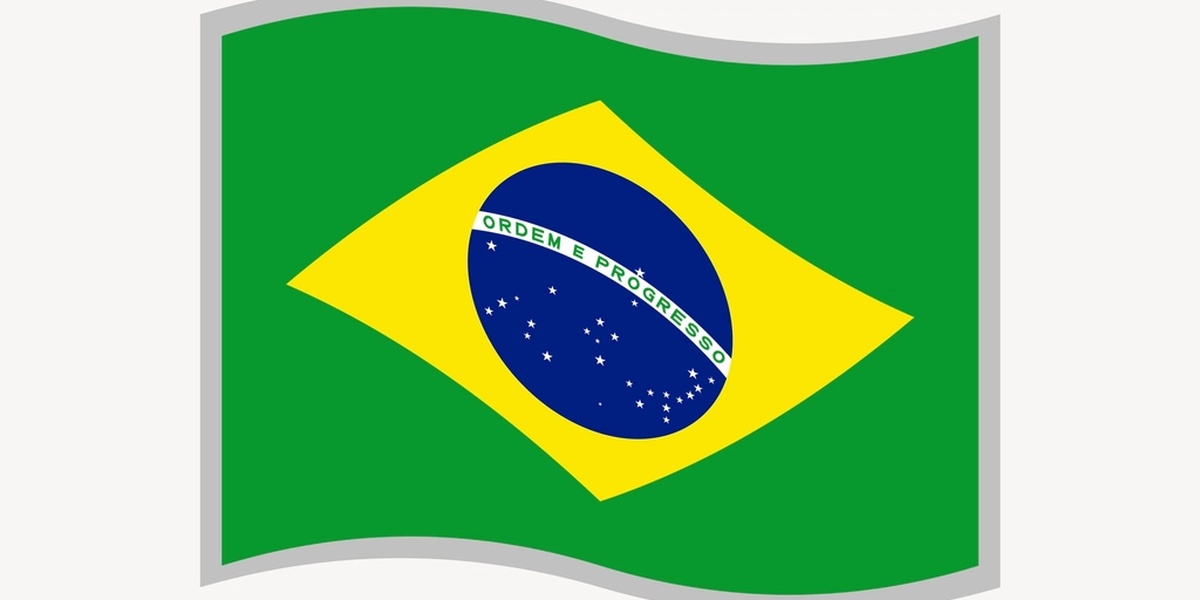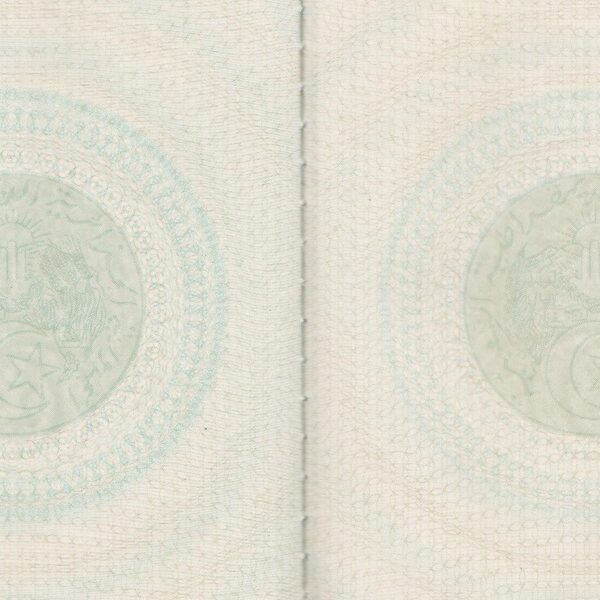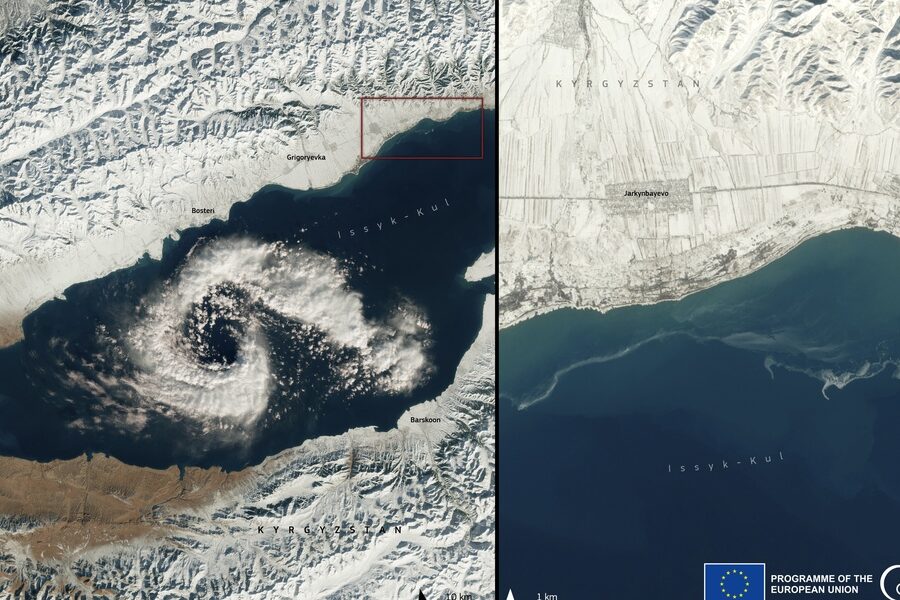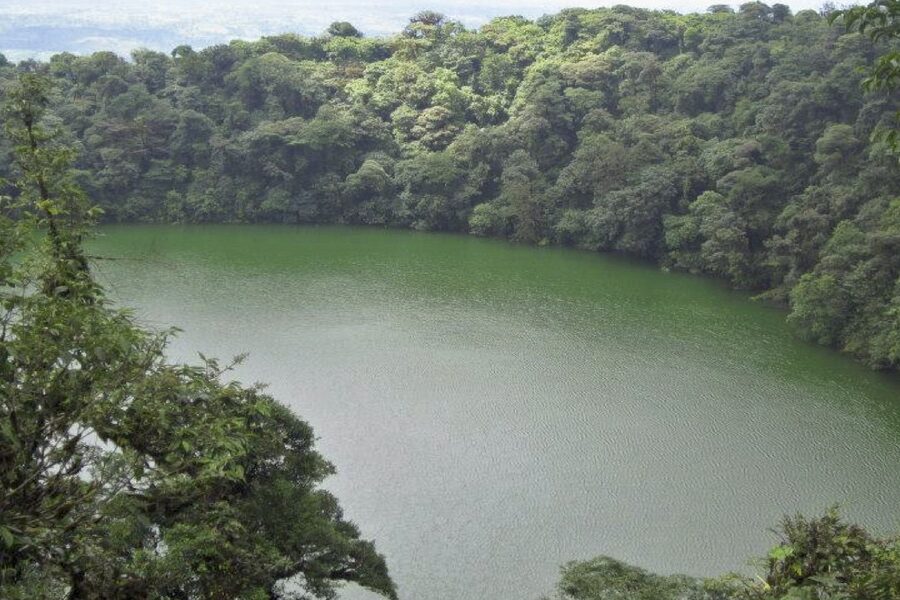Portuguese is spoken across multiple continents, shaped by history, migration and local cultures from Europe and South America to parts of Africa and Asia. Whether you’re curious about official languages, regional varieties or where communities are concentrated, a concise list makes it easy to compare.
There are 9 Countries that Speak Portuguese, ranging from Angola to Timor-Leste. For each country you’ll find below a compact table showing Flag, Official status, Speakers (est.).
Which countries officially use Portuguese?
Portugal, Brazil, Angola, Mozambique, Guinea-Bissau, Cape Verde, São Tomé and Príncipe, Timor-Leste, and Equatorial Guinea all use Portuguese officially to varying degrees, from primary national language to one of several official languages.
How different are the Portuguese varieties across those countries?
Varieties differ in pronunciation, some grammar and vocabulary—Brazilian Portuguese vs. European Portuguese is the clearest example—while African and Timor-Leste varieties mix local influences; despite these differences, speakers generally understand one another with minor adjustments.
Countries that Speak Portuguese
| Country | Flag | Official status | Speakers (est.) |
|---|---|---|---|
| Portugal | 🇵🇹 | Official | 10,000,000 (>95%) |
| Brazil | 🇧🇷 | Official | 215,000,000 (>99%) |
| Angola | 🇦🇴 | Official | 27,000,000 (~75%) |
| Mozambique | 🇲🇿 | Official | 17,000,000 (~55%) |
| Cape Verde | 🇨🇻 | Official | 550,000 (>95%) |
| Guinea-Bissau | 🇬🇼 | Official | 400,000 (~25%) |
| São Tomé and Príncipe | 🇸🇹 | Official | 220,000 (>98%) |
| Timor-Leste | 🇹🇱 | Co-official | 350,000 (~28%) |
| Equatorial Guinea | 🇬🇶 | Co-official | 200,000 (~15%) |
Images and Descriptions
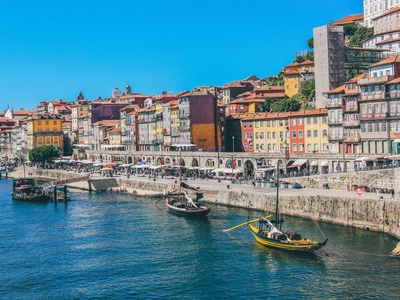
Portugal
The origin country of the Portuguese language, located in southwestern Europe. It is the heart of the Lusophone world, whose global empire spread the language across continents, influencing cultures from Brazil to Africa and Asia.

Brazil
The largest Portuguese-speaking country and the only one in the Americas. Brazilian Portuguese is the most widely spoken variant. The country gained independence from Portugal in 1822 and has since become a major cultural and economic power.
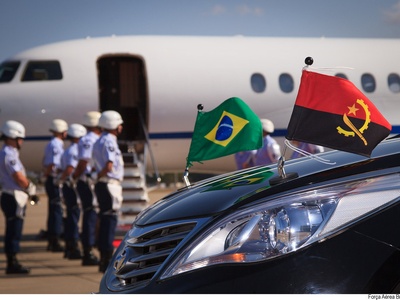
Angola
A large nation in Southern Africa and a former Portuguese colony. Portuguese serves as a crucial lingua franca, uniting dozens of diverse ethnic groups. It’s used in government, media, and education, making it vital for national identity.
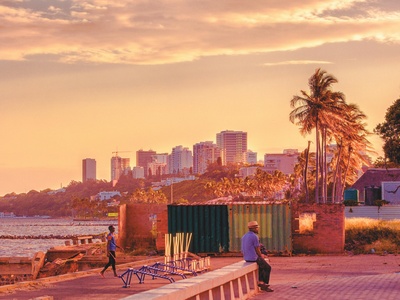
Mozambique
Located in Southeast Africa, Mozambique adopted Portuguese as its official language after independence. While many local languages are spoken, Portuguese is essential for administration, business, and connecting the nation’s diverse linguistic communities.
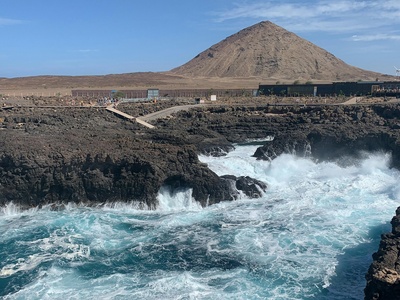
Cape Verde
An archipelago nation off the coast of West Africa. While Cape Verdean Creole is the mother tongue for most, standard Portuguese is the official language of government and education. Its culture is a unique blend of African and European influences.
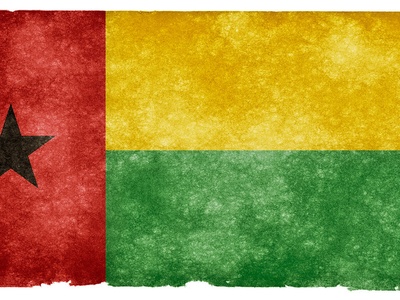
Guinea-Bissau
A West African country where Portuguese is the official language, though a local Creole is more widely spoken. It is used in government, formal education, and international relations, acting as a language of national unity.
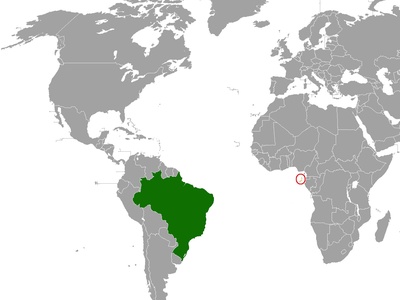
São Tomé and Príncipe
An island nation in the Gulf of Guinea, off the coast of Central Africa. Portuguese is spoken by nearly everyone, alongside local Creole languages. The islands were uninhabited until colonized by the Portuguese in the 15th century.
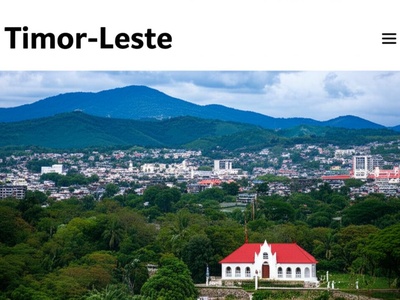
Timor-Leste
A Southeast Asian nation that restored Portuguese as a co-official language alongside Tetum after independence. It represents a link to its colonial past and is a symbol of resistance against its former Indonesian occupation.
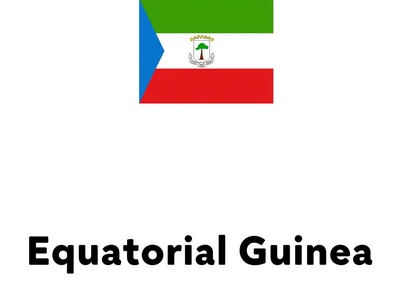
Equatorial Guinea
A Central African nation that adopted Portuguese as a co-official language in 2010 to join the CPLP. While Spanish and French are more common, its inclusion aims to strengthen economic and political ties with other Lusophone countries.

